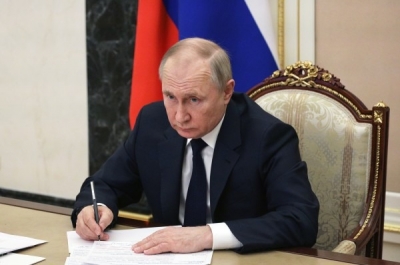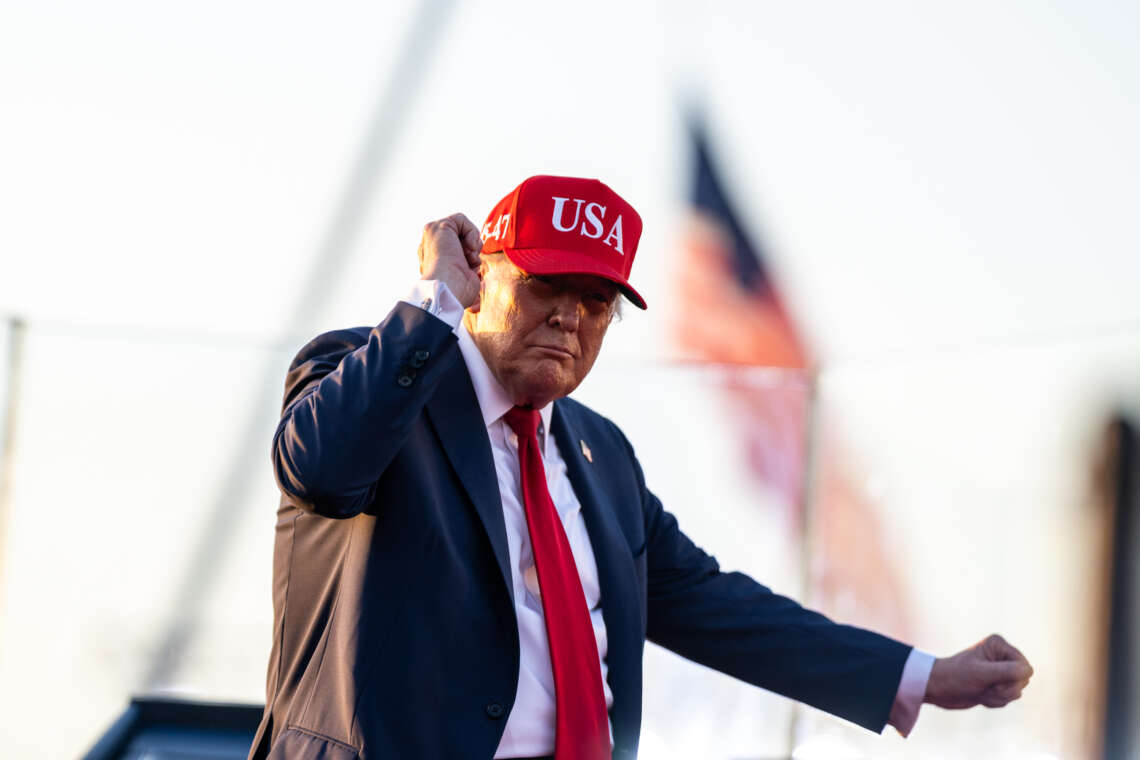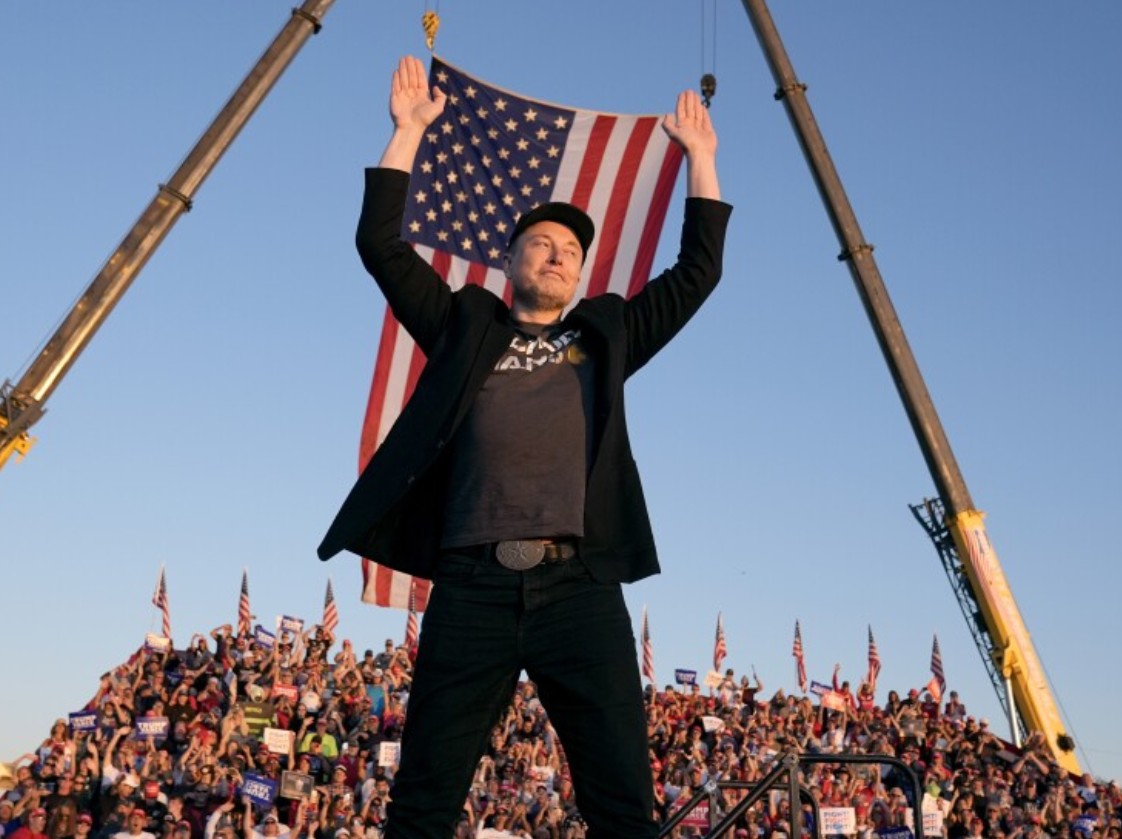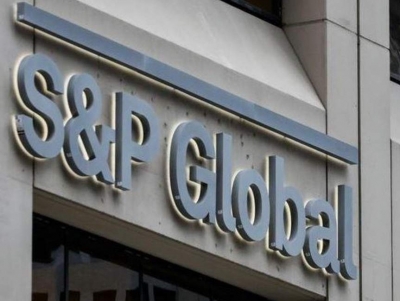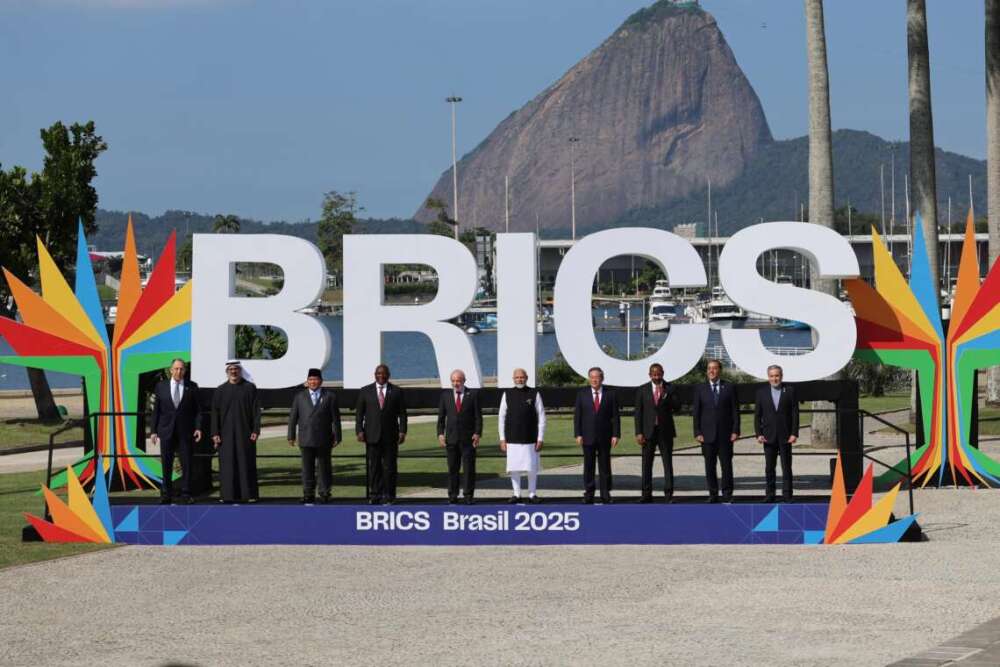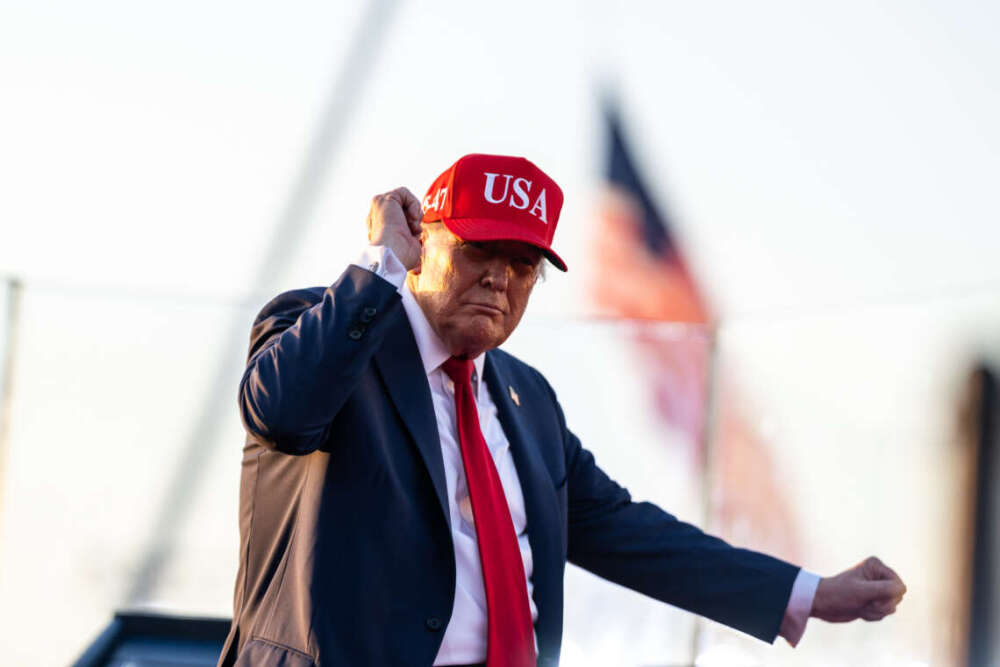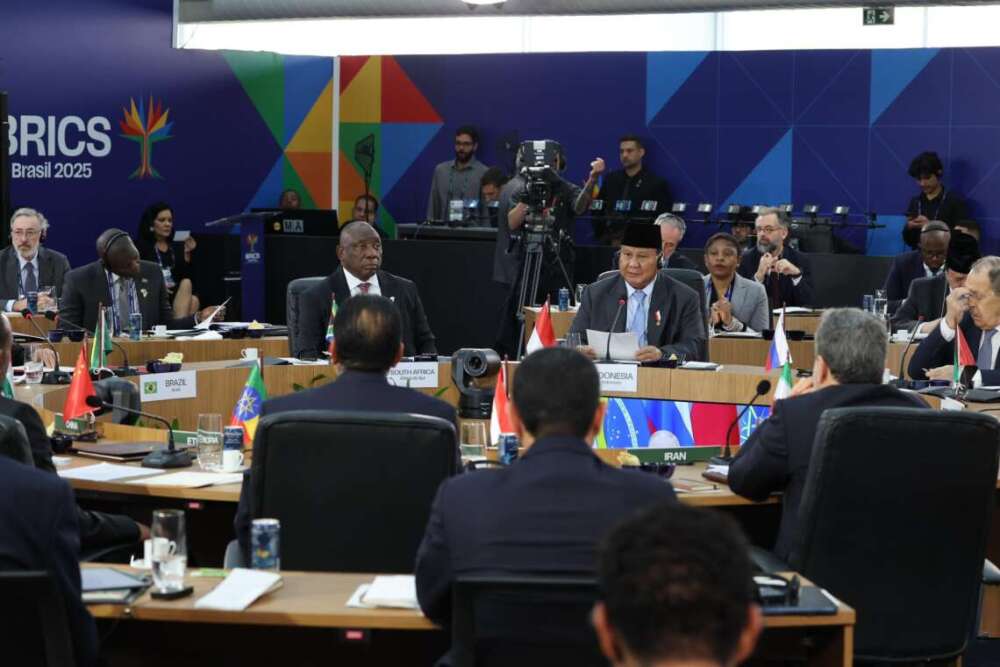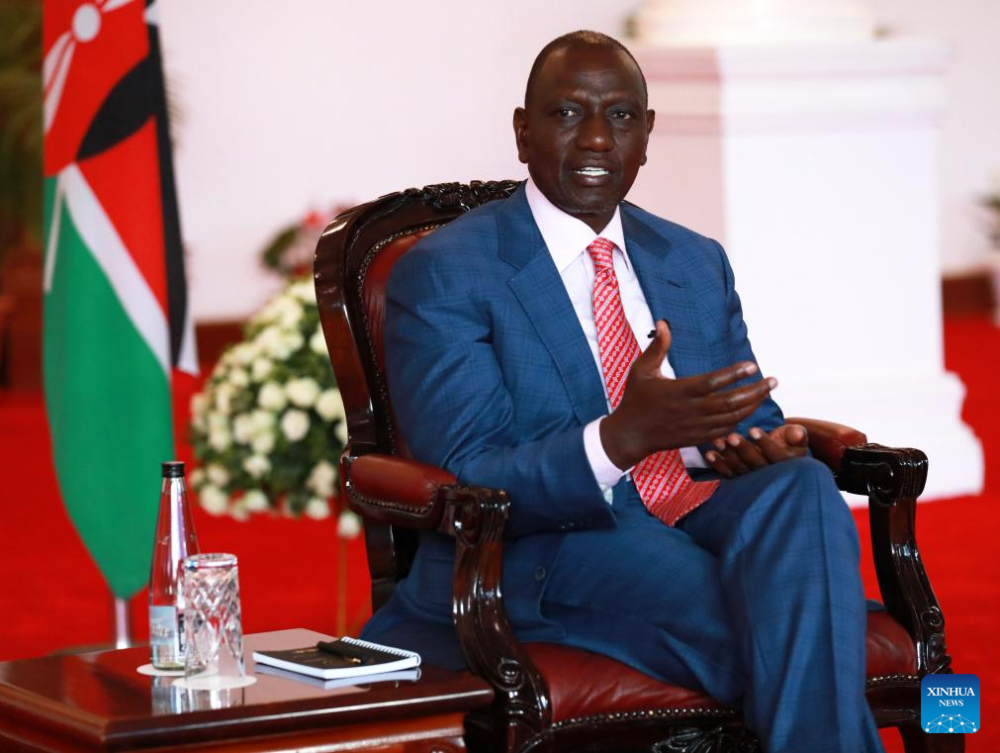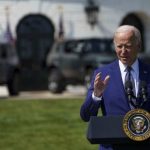Vladimir Yermakov, the foreign ministry’s head of nuclear non-proliferation, says that Washington is escalating the risks through its conduct with Moscow…reports Asian Lite News
Risks of a direct military confrontation between the two nuclear powers, Russia and the United States, are steadily growing, the TASS news agency quoted a senior Russian diplomat as saying on Tuesday.
Vladimir Yermakov, the foreign ministry’s head of nuclear non-proliferation, told the Russian state news agency that Washington is escalating the risks through its conduct with Moscow.
Since the start of its invasion on Ukraine 14 months ago, Moscow has issued regular charges against the U.S. and what it calls “the collective West” for raising the risks of a nuclear war, rhetoric intended to deter Kyiv’s allies.
“If the United States continues to follow its current course of confrontation with Russia, with the stakes constantly escalating on the verge of sliding into direct armed conflict, then the fate of START (nuclear arms treaty) may be a foregone conclusion,” Yermakov said.
The U.S. told Russia in March that it will cease exchanging some data on its nuclear forces following Moscow’s refusal to do so, calling it a response to Russia’s suspending participation in the New START treaty.
Yermakov did not provide details of the alleged U.S. confrontational approach in the excerpts from the TASS interview published so far.
“The most acute threat today is associated … with the danger of nuclear escalation as a result of a direct military confrontation between nuclear powers,” Yermakov said.
“And these risks, to the deepest regret, are steadily growing.”
Moscow and Beijing will assess the West’s potential involvement in the global expansion of the U.S. anti-missile system, which “clearly undermines strategic stability,” he added.
But U.S.-Russia relations deteriorated significantly over the course of the following year. After failed talks among the U.S., fellow NATO states and Russia toward revising the security architecture of Eastern Europe, where the Western bloc has expanded since the fall of the Soviet Union, Russia launched what it refers to as a “special military operation” in neighboring Ukraine, sparking a conflict that continues this day.
The cumulative nuclear capabilities of the NATO countries is growing in importance given the ability of the United States, Great Britain and France to deploy their arsenals against Russia in a coordinated manner.
With the U.S. and NATO aid pouring into Ukraine, Antonov accused the Biden administration of having “mobilized the Western war machine against our country.”
“The anti-Russian coalition has taken on an obvious nuclear dimension,” Antonov said. “The member states of the NATO military block, which openly positions itself as a nuclear alliance and actively pursues nuclear sharing missions, are increasingly speaking with one voice on issues of strategic stability. A striking example is the support of the allied states for the U.S. position on New START—an agreement in which they do not participate.”
“At the same time, the cumulative nuclear capabilities of the NATO countries is growing in importance given the ability of the United States, Great Britain and France to deploy their arsenals against Russia in a coordinated manner,” he added. “We cannot afford to ignore this factor when considering the future of the Treaty.”
He also considered it “noteworthy that White House official doctrines say nothing about the U.S.-Russia strategic stability dialogue,” long viewed as a cornerstone of post-Cold War non-proliferation infrastructure. Rather, Antonov said such documents “only mention some amorphous ‘framework’ of future agreements to replace New START” and, ultimately, “set the goal of inflicting a strategic defeat on Russia.”
The Biden administration has rejected Russia’s account of how New START has been derailed.
“Contrary to Russian assertions, there is nothing preventing Russian inspectors from traveling to the United States and conducting inspections,” a State Department spokesperson said. “There are no transit visa requirements, overflight restrictions, or financial or other sanctions that prevent Russia from fully exercising its treaty rights.”
“As a result of Russia’s noncompliance with its New START Treaty obligations and as a lawful countermeasure intended to encourage Russia to return to compliance with the Treaty, the United States will not provide its biannual data update to Russia,” the spokesperson added. “The United States informed Russia in advance of this step. In the interest of strategic stability, the United States will continue to promote public transparency on our nuclear force levels and posture.”
The spokesperson also said that Washington initially offered Moscow “to continue reciprocal implementation of this obligation during a period of high tension,” during which both Biden and Putin have increasingly mobilized nuclear-capable assets.
“Unfortunately, Russia informed the United States that it will not engage in this data exchange due to its purported suspension of the treaty,” the State Department spokesperson said. “As we have said before, that suspension was legally invalid. Russia’s failure to exchange this data will therefore be a violation of the Treaty, adding on to its existing violations of the New START Treaty.”


